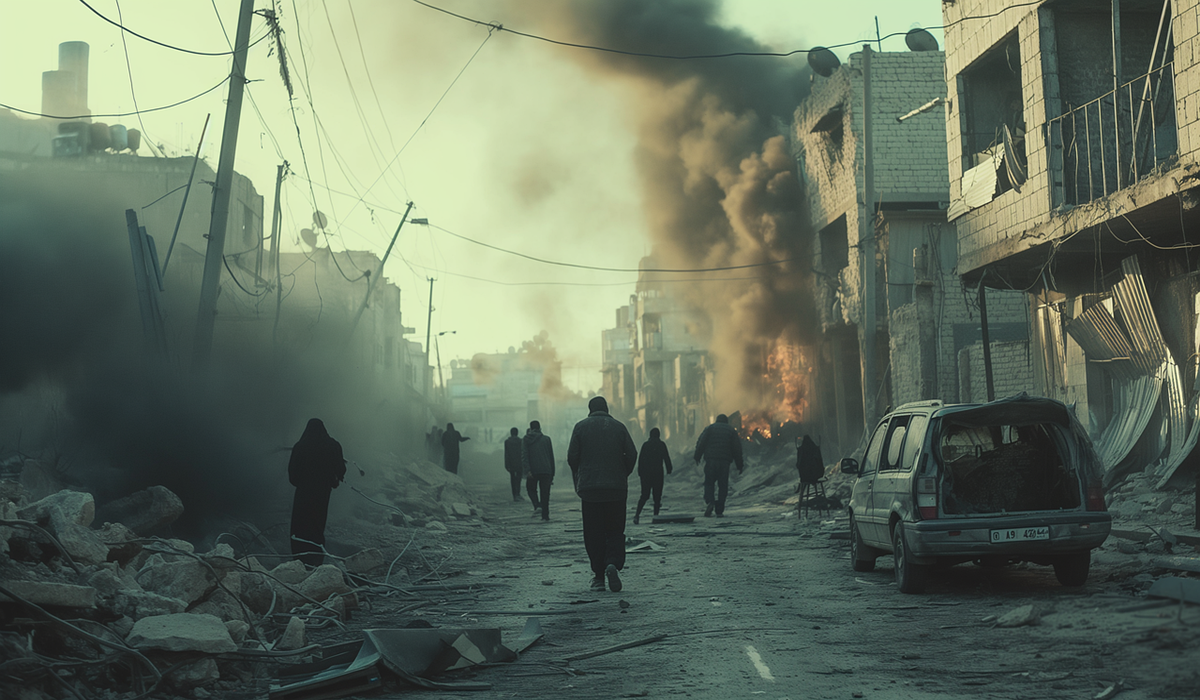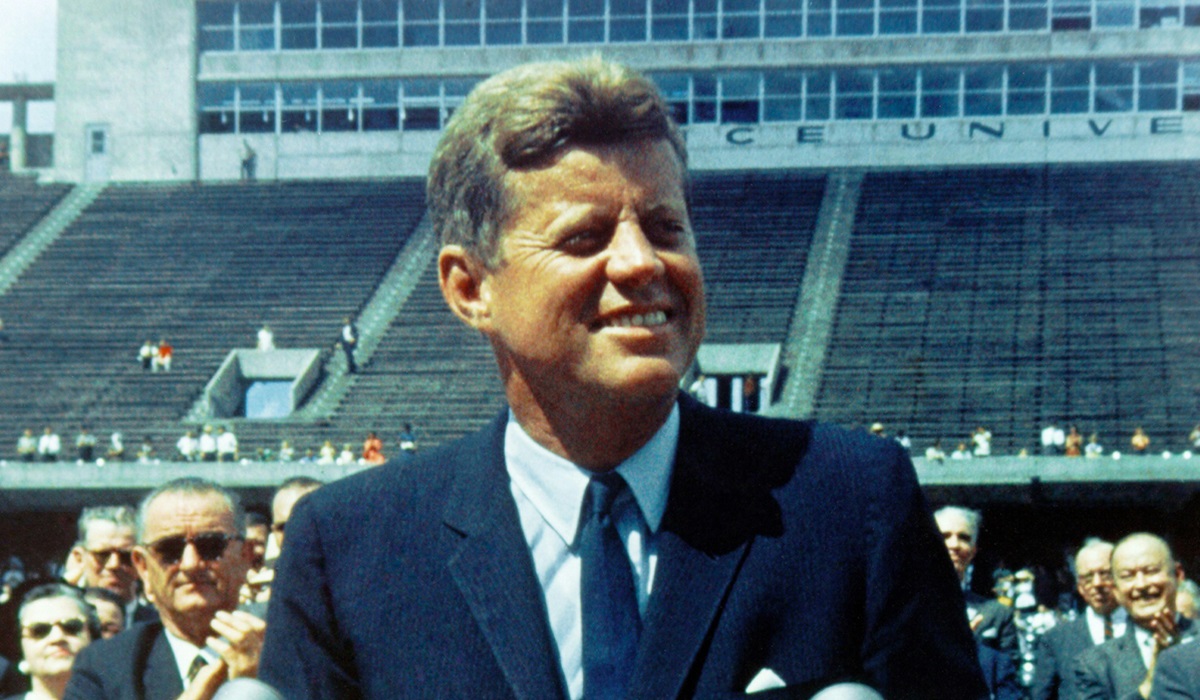The Uneven Application of U.S. Policies and Its Role in the Destruction of Gaza
- TDS News
- Middle East
- U.S.A
- June 20, 2024

The uneven application of policies and international law by the United States is deeply implicated in the ongoing devastation in Gaza. For decades, American military, financial, and political support has enabled Israel’s actions. At any point, Washington could have halted the relentless cycle of violence, yet it has consistently chosen not to.
Since Israel’s establishment in 1948, it has had no stauncher ally than the U.S. This alliance solidified after Israel’s occupation of the West Bank, Gaza Strip, and East Jerusalem following the 1967 Six-Day War. Despite international consensus and numerous United Nations resolutions calling for Israel to withdraw from these occupied territories, the U.S. has provided Israel with extensive military aid, totaling over $146 billion to date. This aid has included advanced weaponry, financial assistance, and political cover in international forums, particularly at the UN.
One significant way the U.S. has enabled Israeli actions in Gaza is through its veto power at the UN Security Council, having vetoed over 40 resolutions critical of Israel. This political cover allows Israel to act with impunity, knowing that Washington will protect it from global condemnation and sanctions. Moreover, the U.S. has blocked efforts to recognize Palestinian statehood and self-determination, marginalizing Palestinian grievances on the international stage and perpetuating the occupation and the cycle of violence.
Military aid from the U.S. is not just a financial transaction; it is an endorsement of Israel’s military actions. American-supplied weapons, including fighter jets, drones, and precision-guided munitions, have been used in operations that have led to significant civilian casualties and widespread destruction in Gaza. This direct military support underscores American complicity in the humanitarian crisis that has unfolded. The flow of military aid also has a domestic political dimension. The pro-Israel lobby in the U.S., notably AIPAC, exerts considerable influence on American politics. This symbiotic relationship ensures that U.S. politicians, seeking election or re-election, often adopt staunchly pro-Israel stances to secure financial support and political backing. This dynamic perpetuates a foreign policy that prioritizes military aid and strategic alliances over human rights and international law.
The situation in Gaza is not an isolated incident; it is part of a broader pattern of American foreign policy that prioritizes military intervention and strategic interests over peace and stability. Similar patterns can be observed in Iraq, Afghanistan, Libya, and other regions where U.S. involvement has led to prolonged conflicts and humanitarian crises. The underlying motive often lies in securing geopolitical advantages and access to natural resources. In these conflicts, Washington has often armed multiple sides, exacerbating the violence and instability. This approach not only prolongs conflicts but also creates environments where extremist groups can thrive, further complicating peace efforts. The destruction wrought by these interventions is typically followed by reconstruction efforts dominated by American and allied companies, thereby ensuring economic gains from the chaos created.
The U.S. has the power to change the course of events in Gaza and beyond. By reassessing its foreign policy priorities, Washington can shift from being a facilitator of conflict to a promoter of peace. This would involve redirecting funds from military aid to humanitarian and developmental assistance to help address the root causes of conflict and improve living conditions for Palestinians. Engaging in genuine diplomatic efforts to resolve the Israeli-Palestinian conflict based on international law and UN resolutions, including the implementation of the 1967 borders, is crucial. Reducing the influence of lobbying groups on foreign policy decisions can ensure that American actions are guided by principles of justice and human rights. Ensuring that all parties, including Israel, are held accountable for violations of international law and human rights abuses is essential for lasting peace.
American support for Israel, driven by strategic interests and domestic political considerations, has perpetuated a cycle of violence and impunity. At any point, the U.S. could have chosen to halt this cycle, but it has consistently opted to maintain the status quo. It is imperative for Washington to reassess its policies and adopt a more balanced and just approach, prioritizing peace and human rights over military and geopolitical gains. Only then can the cycle of destruction in Gaza be broken and a lasting peace achieved.
However, it’s not just about the U.S. The Arab states also have a role to play. Many have limited their responses to vocal condemnations of the horrific devastation without taking substantial interventionist roles. This raises important questions: Why aren’t they doing more? Is this approach stabilizing the region, or does it merely perpetuate the conflict? While there is no need for violence, proactive diplomatic and economic interventions could help foster peace.
The issue is deeply rooted in history, with the United Nations and Britain leading the charge, sanctioned by the U.S. and other European allies, to carve up the Middle East and impose arbitrary borders meant to cause forever wars. The same arbitrariness marked the creation of Israel and the partitioning of Palestine. While Israel was recognized as a state in 1948, it took until 1988 for Palestinians to declare their independence. Why did it take almost four decades to recognize Palestine’s statehood?
The U.S. could impose the 1967 borders if it wanted to, but why stop there? Revisiting the original borders of the 1949 Lausanne Conference, following internationally supervised Arab-Israeli negotiations, could be another solution. The ability to enforce these borders and mandate a two-state solution rests with the Western powers that originally partitioned the region. The cycle of destruction in Gaza will only end when international actors, particularly the U.S., decide to prioritize peace and justice over military and strategic interests.








